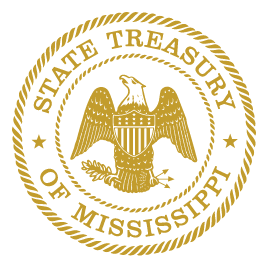Newsroom
McRae: It’s never too early to save for retirement
In recent years, as pension systems grew rarer and increases in Social Security failed to match inflation, America’s retirement system has taken a strong turn toward personal responsibility. In fact, seniors can expect to bring in just $15,600 annually from Social Security – hardly enough to cover food and housing if you don’t have a separate financial safety net.
Today, about one-quarter of Americans have no retirement savings according to a PWC report and even those who are saving aren’t saving enough. As a result, more than 4.5 million retirees live in poverty and one in three (about 15 million) are economically insecure. This reality is placing an incredible burden on the country’s social safety net, as well as working taxpayers.
When individuals can’t afford basic needs, their family steps in, diverting resources from their own retirement. If they can’t afford professional care for a loved one, they might have to exit the workforce, thereby decreasing their contribution to the active economy. And when families can no longer support in full, the government steps in with Medicaid, housing assistance, and more – programs that are extremely costly to taxpayers.
At some point, we all need a little help – and there is nothing wrong with that. We are a compassionate nation and a hospitable state. But there is a financial crisis brewing as Baby Boomers move through retirement. According to the U.S. Census Bureau, about 21 percent of America’s population will be retired by 2030, up significantly from about 15 percent in 2016.
So, what’s the solution? Doing an annual financial wellness check is a good place to start. For example, do you know how much you’ll need to retire? If you don’t know where to start, many financial experts will advise putting 20 percent of one’s income toward retirement beginning in your 20’s. Fast forward a bit, and by age 60, a dual-income couple that makes $75,000 per year should have seven times their household income set aside for retirement. Hopefully these are some good guideposts to get you started.
Another question to ask during your annual financial wellness check is this: Do you have a budget? If you do, reevaluate it. If you don’t, make one – and include retirement savings in it.
You might also want to ask: Does your employer offer a 401k plan? If so, make sure you’re enrolled and, if possible, max out on matching contributions. If they don’t, consider setting up an Individual Retirement Account (IRA).
I know it can be overwhelming – and for some, discouraging. But I have posted some additional resources to help at Treasury.MS.gov/FinancialEducation.
Please take a moment to conduct a financial wellness check this week. I am hopeful even just a small check-in will pay tremendous dividends in the long run.
